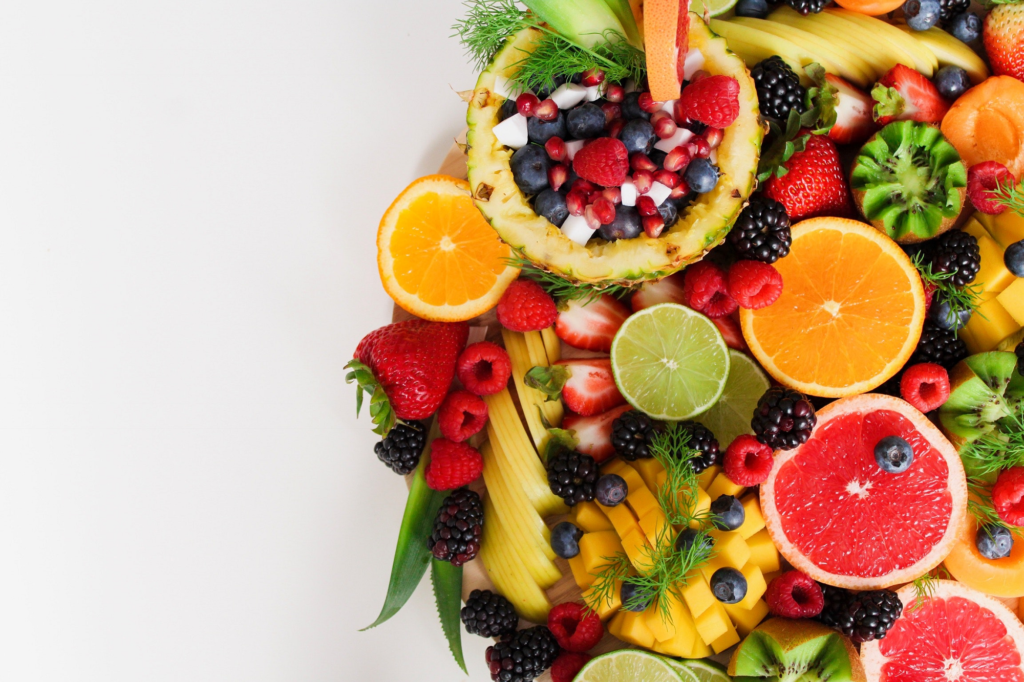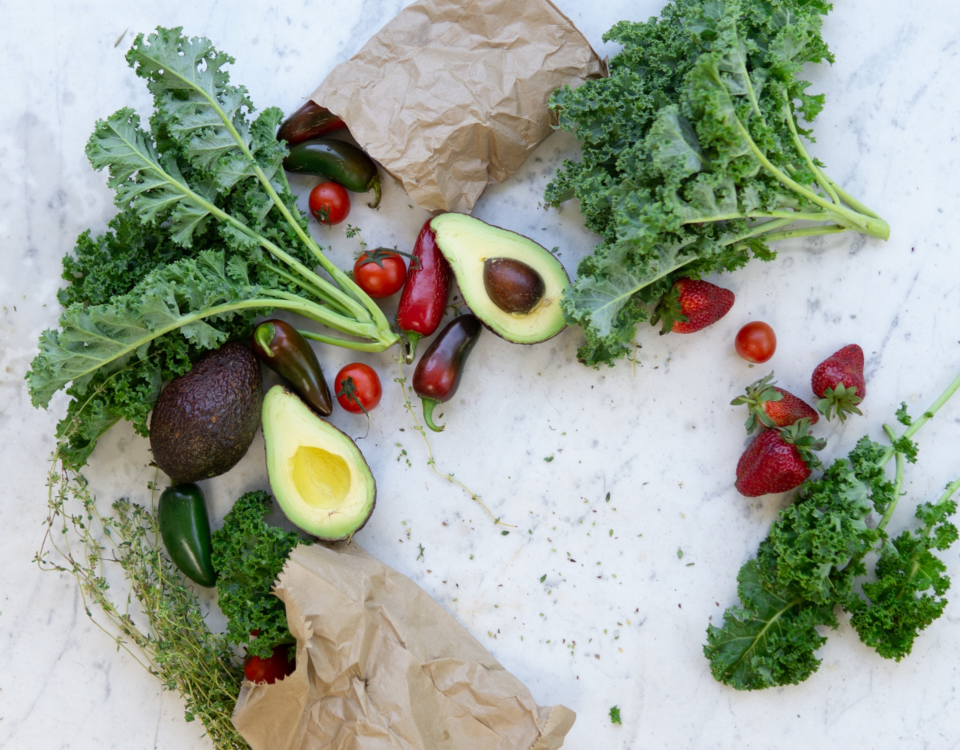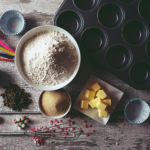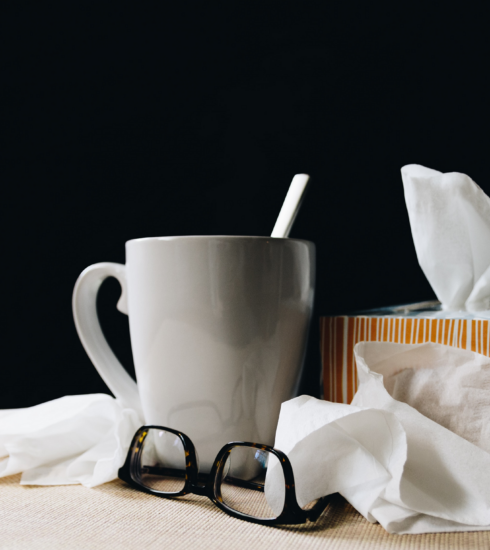The Dirty Dozen & Clean 15
- Consumers are more conscious of what we’re putting into our bodies.
- Research shows that pesticides used to deter pests on fresh fruits and vegetables can be bad for your health. Fruits and veggies produced using genetically modified seeds is also raising concern among consumers.
- Knowledge is power. Keep a list of “The Dirty Dozen” and “The Clean 15” when grocery shopping.
Adopting a healthier lifestyle doesn’t just involve eating more nutritious foods. What is on those foods and how those additions affect your body matters.
Prompted by a desire to live longer and the skyrocketing number of food allergies that we’re experiencing, consumers have become more cautious of what goes into their bodies.
Research shows that pesticides can wreak havoc on the body and, as a result, we’ve become more conscious in our food consumption and production.
If you don’t have time to grow your own fruits and vegetables, then knowing the most and least pesticide-laden foods can be helpful when strolling the produce aisle. Here’s the most recent list of “The Dirty Dozen” as well as “The Clean 15”, provided annually by the Environmental Working Group.

2022 List of The Dirty Dozen
These are the most pesticide-laden fruits and vegetables. Try to buy them in organic form.
- Strawberries (Number 1 for the 4th year in a row)
- Spinach
- Kale (Made the top 12 for the first time in 10 years), collard and mustard greens
- Nectarines
- Apples
- Grapes
- Peaches
- Cherries
- Pears
- Tomatoes
- Celery
- Bell and hot peppers
2022 List of The Clean 15
- Avocados
- Sweet corn
- Pineapple
- Frozen sweet peas
- Onions
- Papaya
- Asparagus
- Kiwis
- Cabbage
- Cantaloupe
- Mushrooms
- Honeydew melon
- Mangoes
- Watermelon
- Sweet potatoes
In conclusion, although this information can be alarming, don’t shy away from getting your recommended amount of fruits and vegetables.











4 Comments
Carla Smith
4 years agoDoes it matter if the fruits and vegetables are organic?
adminblkfit
4 years agoOrganic fruits and veggies are typically pesticide-free. It is best to buy organic for those items on the Dirty Dozen list. Keep these lists with you when shopping.
Tawana Bruce
2 years agoIs there a way to clean the “dirty dozen” to make them more safe to consume?
adminblkfit
1 year agoThere are several fruit and veggie cleaners on the market. You can also make a good old fashioned rinse of 1 quart of water and a tbsp. of vinegar to clean your produce. Thanks for sharing!
Comments are closed.